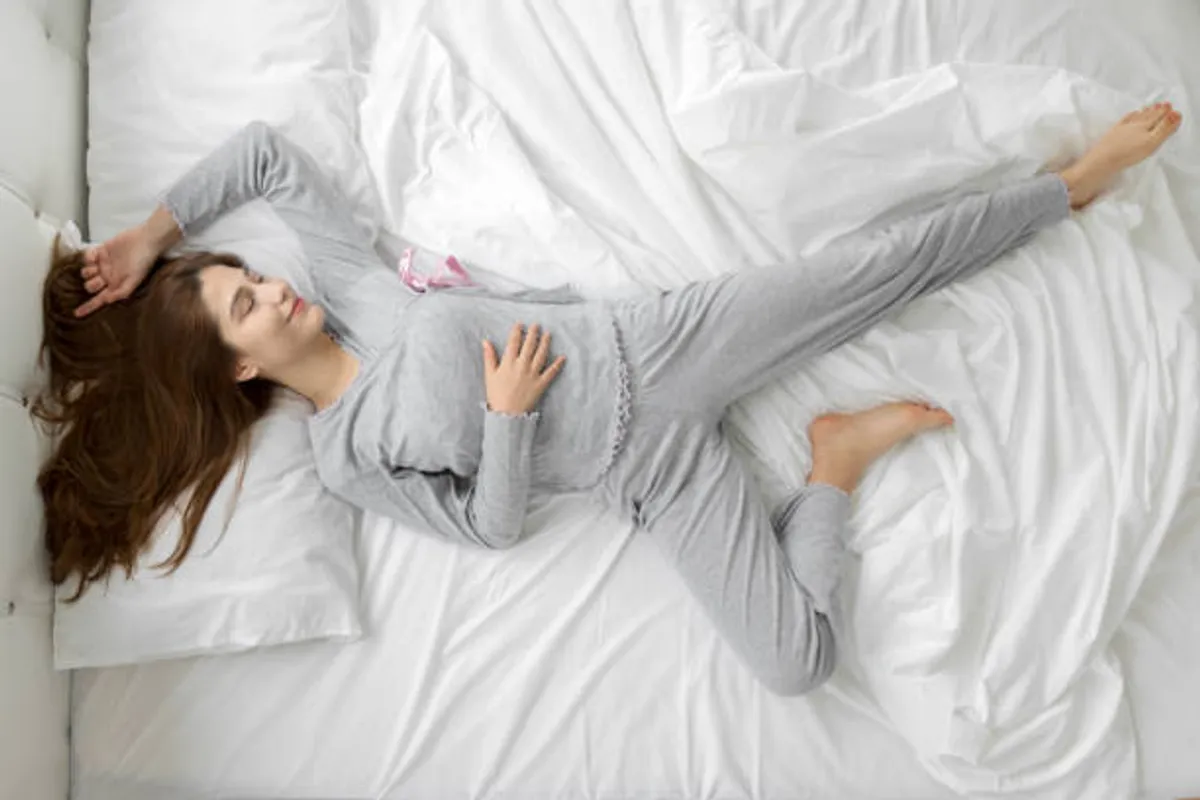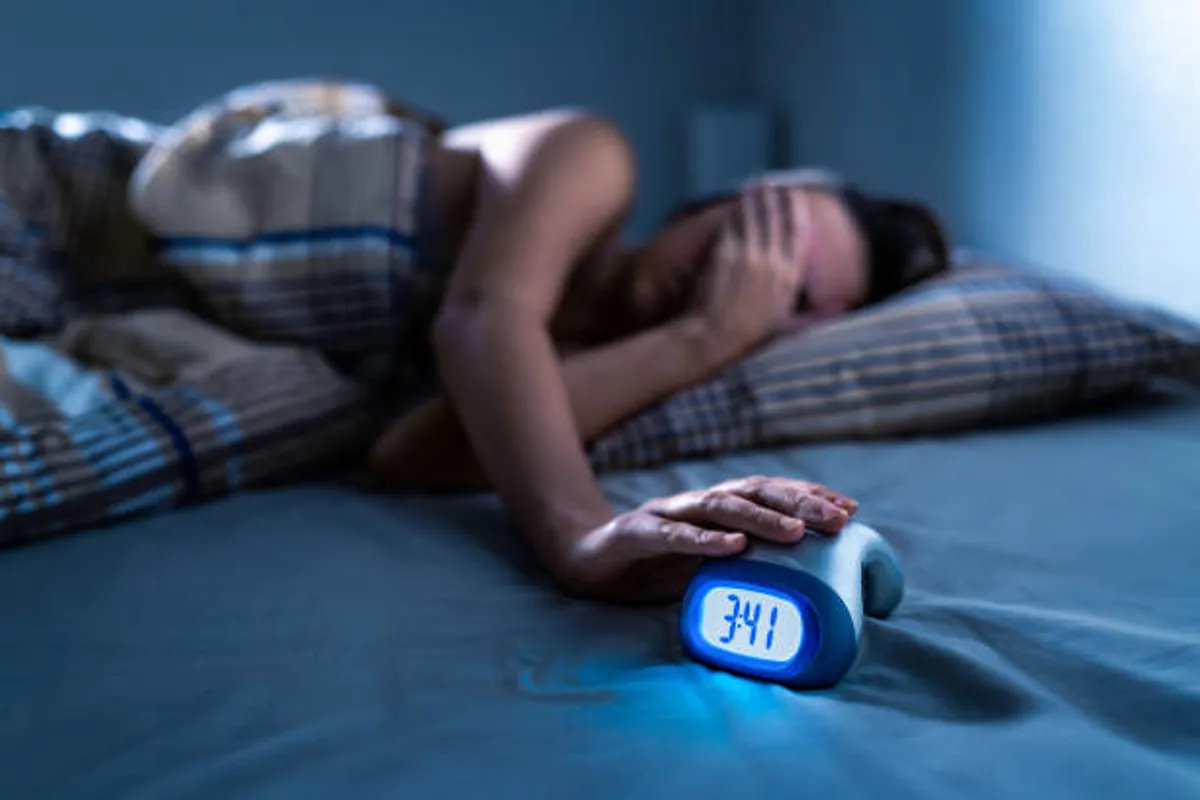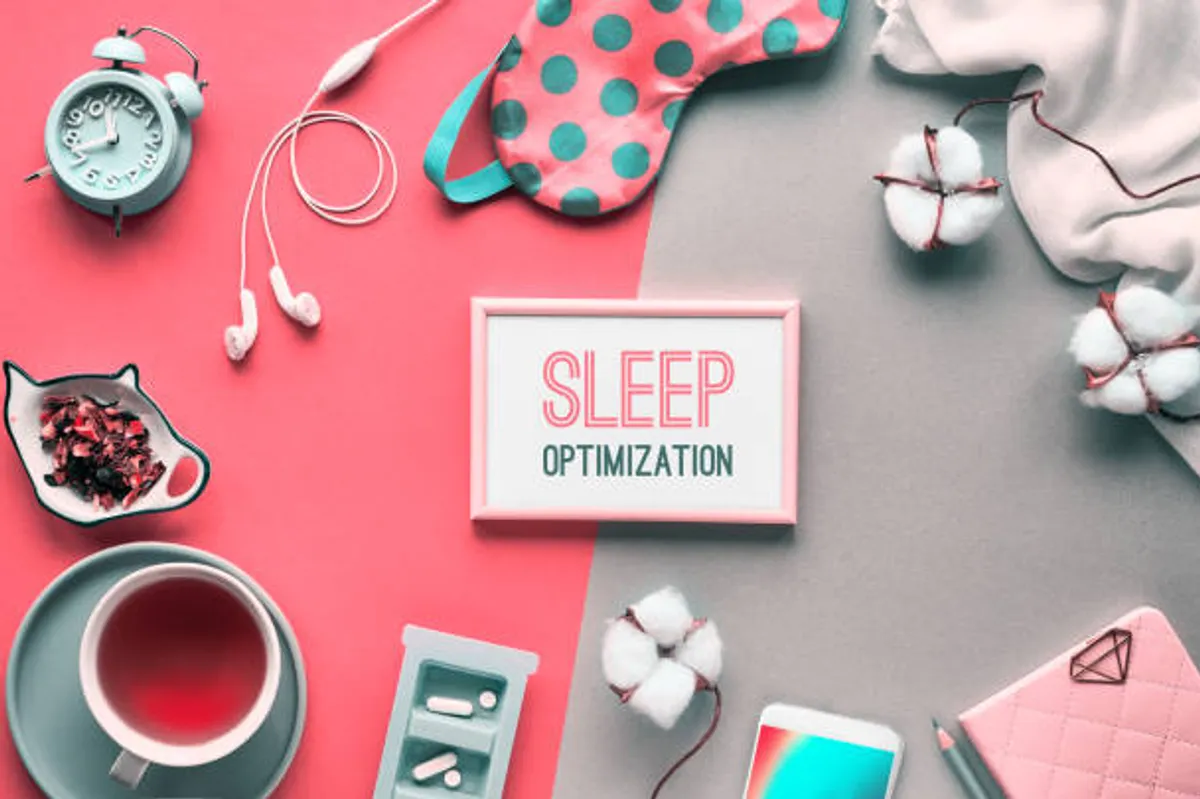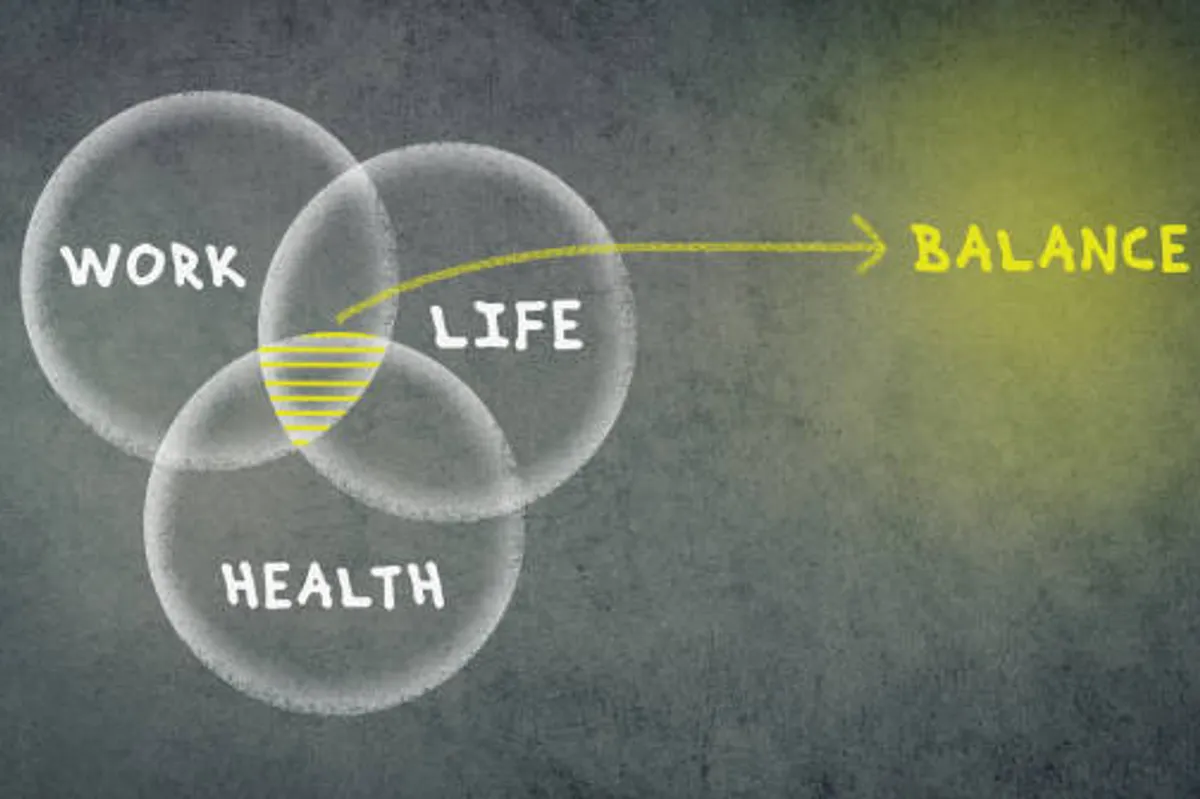Hydration Hacks: How Much Water Do You Really Need?

GeokHub
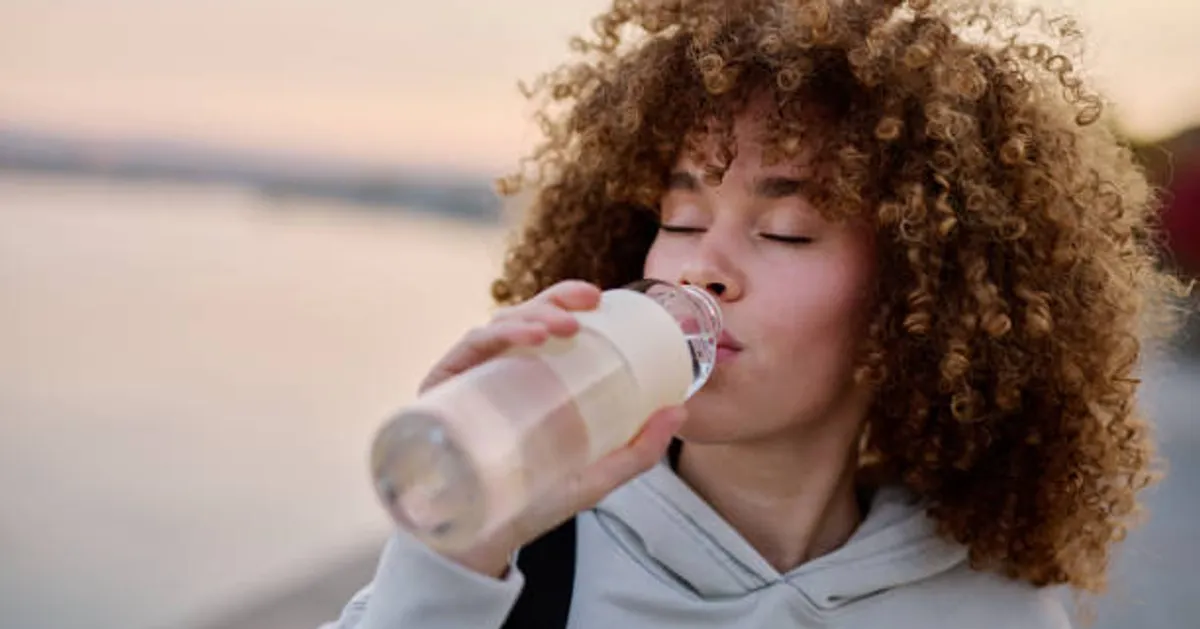
Water is one of the simplest and most powerful elements for health — yet, many people underestimate its role in daily wellbeing. From maintaining body temperature to keeping your brain alert, hydration affects nearly every system in the human body. But in 2025, with endless health trends and hydration gimmicks, the big question remains: how much water do you actually need each day?
The answer, it turns out, depends on more than a single number.
The Myth of “Eight Glasses a Day”
For decades, the “8x8 rule” — eight glasses of water per day — has been treated like gospel. While it’s a reasonable benchmark, modern research shows that hydration needs vary widely. Factors like body weight, diet, climate, and physical activity all influence how much water your body requires.
According to the U.S. National Academies of Sciences, the average recommendation is about 3.7 liters for men and 2.7 liters for women, including fluids from food and beverages. However, coffee, tea, fruits, and vegetables contribute significantly to that total — meaning your morning latte or watermelon snack does count.
Signs You’re Not Drinking Enough
Dehydration doesn’t always look dramatic. You may not faint or feel dizzy — sometimes the symptoms are subtle:
- Persistent fatigue or brain fog
- Dry lips and mouth
- Headaches or difficulty concentrating
- Dark yellow urine
- Mood swings or irritability
Mild dehydration of even 1–2% can impact mood and cognitive performance, according to a 2024 Harvard study. That means your afternoon slump could be less about caffeine and more about your water intake.
Smart Hydration Hacks for Everyday Life
1. Start Your Morning With Water
Your body loses fluids overnight through breathing and sweat. Drinking a full glass first thing in the morning helps jump-start digestion and wake up your metabolism.
2. Flavor It Naturally
If plain water bores you, infuse it with lemon, cucumber, mint, or berries. Natural flavor infusions make it easier to drink more without added sugar or calories.
3. Use a Hydration Tracker or Smart Bottle
Tech-savvy options like HidrateSpark or LARQ bottles now track your intake and glow when it’s time to drink. A gentle nudge can make a big difference, especially if you sit at a desk all day.
4. Eat Your Water
Fruits and vegetables such as cucumbers, oranges, lettuce, and strawberries are over 90% water. A salad or fruit bowl can quietly boost your hydration levels.
5. Match Intake to Activity
If you’re exercising or in hot weather, increase your intake. A general rule is to drink 500 ml of water two hours before activity, and another 250–500 ml every 20 minutes during exercise.
Can You Overhydrate?
Yes — overhydration, or hyponatremia, happens when excessive water dilutes sodium in your blood. It’s rare but possible, especially in endurance athletes or people forcing gallons of water per day. The key is balance: drink steadily throughout the day, not excessively at once.
Your thirst is still a reliable signal — just don’t ignore it until it’s too late.
The Role of Electrolytes
Electrolytes such as sodium, potassium, and magnesium help your body retain and balance fluids. After intense sweating or illness, plain water may not be enough. Natural coconut water, electrolyte tablets, or homemade rehydration drinks can restore that balance without sugar overload.
Hydration and Mental Wellbeing
Emerging studies in 2025 show a strong link between hydration and mental health. Adequate fluid intake supports brain function, reduces anxiety, and even improves sleep quality. A well-hydrated brain simply performs better — mood, memory, and focus all benefit.
In fact, neuroscientists have found that dehydration can elevate cortisol (the stress hormone), making you feel anxious or easily overwhelmed. So, next time stress hits, reach for a glass of water before another coffee refill.
Final Takeaway
Hydration isn’t about chasing numbers — it’s about consistency. Your ideal water intake depends on your body, diet, and lifestyle. Listen to your thirst, stay aware of subtle dehydration signs, and use small daily habits to make hydration automatic.
Whether it’s sipping between meals, adding fruit infusions, or using a smart bottle, the goal is simple: keep your body fueled, your mind clear, and your energy steady.
Affiliate disclosure: This article contains affiliate links. If you purchase through them, I may earn a small commission at no extra cost to you.

